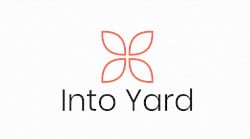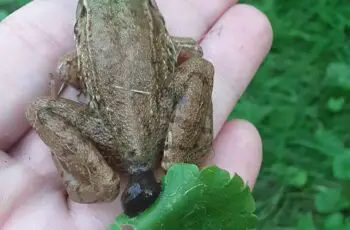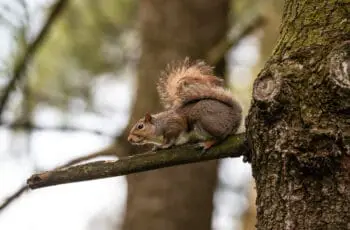Have you ever wondered if birds can eat sesame seeds? In this article, we explore everything you need to know about the compatibility of birds and sesame seeds.
Additionally, we discuss the nutritional value that sesame seeds offer wild birds and provide some tips for feeding them to your garden birds.
The Short Answer…
Sesame seeds offer a wide array of benefits for birds, as they are packed with proteins, fats, and essential nutrients like iron, magnesium, manganese, niacin, thiamine, vitamin B6 and zinc.
Can Birds Eat Raw Sesame Seeds?
Sesame seeds have many uses in Asian cuisine, including as a garnish or salad topping for crunch, and ground into a paste for sesame oil or flour substitute in baking. But can birds eat raw sesame seeds?
The answer is yes. Sesame seeds are a good source of protein and essential fatty acids, making them an excellent food for birds.
In fact, many bird species are known to eat the seeds straight from the plant.
If you see some raw sesame seeds lying around, don’t hesitate to share them with your feathered friends. The seeds can also help to promote healthy plumage and skin of wild birds.
Which Birds Eat Sesame Seeds?

Sesame seeds come from the Sesamum plant, which is native to Africa. These small, oval-shaped seeds can be brown or black and are used in many cuisines worldwide.
Sesame seeds are also a common food for birds such as finches, sparrows, doves, quails, and juncos.
Although often disregarded in the bird feed world, sesame seeds are actually an integral part of a balanced diet for our feathered friends. These tiny powerhouses provide nutritious protein, fat, and vitamins– everything a growing bird needs to thrive.
Can Birds Eat Sesame Oil?
Sesame oil, which is a type of oil secreted from sesame seeds, has many benefits when consumed by humans.
Even though it is safe for human consumption, the verdict isn’t out yet on if it’s harmful or not to birds when they consume it.
Different types of birds have different digestive systems that could make them react differently to eating this oil; so far there hasn’t been any definitive answer given.
Just as a precautionary measure, however, we advise you don’t offer your bird any oily foods such as sesame oil as they may get dirty and this will make flying difficult for them.
Therefore, it is best to avoid feeding birds sesame oil to wild birds.
Are Sesame Seeds Good For Birds?
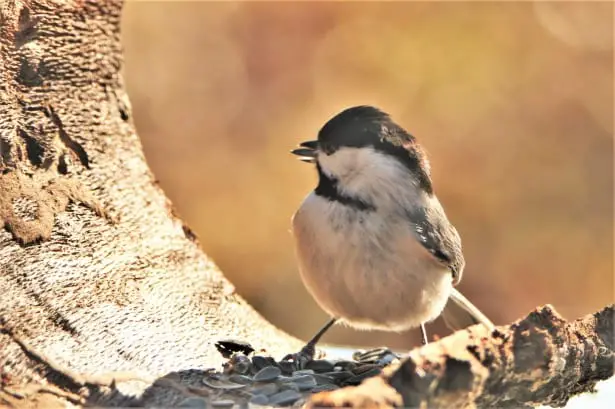
Sesame seeds aren’t just a popular ingredient in many cuisines– birds love them too!
This is because sesame seeds are an excellent source of nutrition for birds.
They’re high in fat and protein, which helps to keep birds well-fed and provides them with the energy they need to fly and build nests.
Additionally, sesame seeds are rich in vitamins and minerals like iron, magnesium, manganese, niacin, thiamine, vitamin B6, and zinc.
The oil in sesame seeds helps keep bird feathers clean and shiny, making them more attractive to potential mates.
If you want wild birds to visit your backyard more often, try offering them sesame seeds as a food option.
Are There Any Side Effects Of Feeding Sesame Seeds To Birds?
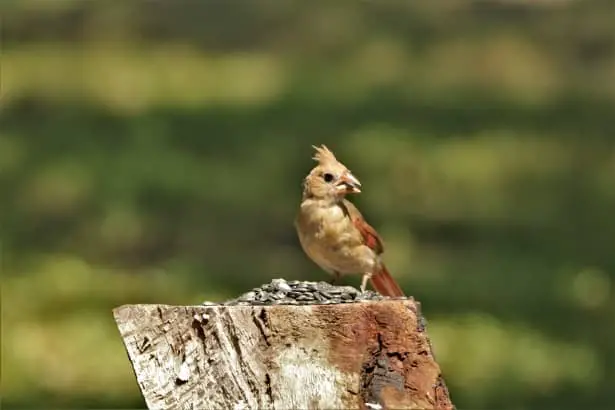
Sesame seeds are a popular food for birds, and they are generally considered to be safe.
However, there are a few potential side effects that should be considered.
Obesity
First of all, sesame seeds are high in fat, and they can cause obesity and digestive problems if they are fed in large quantities.
Digestive Tract Injury
Secondly, the shells of sesame seeds can be sharp, and they can damage a bird’s digestive tract if they are not crushed or removed before feeding.
Blood Pressure Drop
Sesame seeds can also cause a blood pressure drop in birds if they are consumed in large quantities. A sudden drop in blood pressure can affect the bird’s ability to fly.
Lastly, rodents like mice and rats are attracted to sesame seeds, so it is crucial to keep them where these animals cannot get to them.
All in all, sesame seeds are safe for birds normally, however you should be aware of possible adverse effects before feeding your birds.
How Can You Feed Sesame Seeds To Wild Birds?
You can easily feed sesame seeds to wild birds using a few quick methods- and they make for a great, nutritious meal.
Sesame Sprouts
To encourage birds to visit your yard, you can grow sesame seeds. Let the seedlings grow into plants that birds will eat.
Bird feeder station
You could also set up a bird feeder station containing a bird feeder full of sesame seeds. By doing this, not only will the wild birds enjoy their meal but you can watch them from inside your house.
Sprinkle Sesame Seeds On The Ground
Finally, you can simply sprinkle some sesame seeds on the ground in your garden, and birds will soon find them.
Whichever method you choose, feeding sesame seeds to wild birds is an easy and fun way to help them stay healthy and happy.
Can Birds Have Tahini?
Tahini, a paste made from ground sesame seeds, is delicious. You can find it in many Middle Eastern and Mediterranean dishes like hummus or baba ganoush. It’s also excellent in salad dressings and as a sauce.
Although people can consume Tahini without any problem, birds shouldn’t eat it.
The primary risk in feeding tahini to birds is the development of aspiration pneumonia from inhaling the food or liquid into their lungs.
Although there’s not a high chance of birds getting aspiration pneumonia from eating tahini, it’s always best to provide other safe options like seeds and mealworms.
Other Seeds Suitable For Birds
In addition to sesame seeds, there are a number of other seeds that are suitable for birds.
Sunflower Seeds
Sunflower seeds are a good source of protein and fat, in addition to sesame seeds.
Most commercial bird seed mixes contain sunflower seeds, so you can easily purchase them from your local pet store.
Safflower Seeds
Another high-protein, fat-rich birdseed is safflower.
Attracting cardinals, jays, and finches among others, it’s also a popular stand-in for sunflower seed since animals like squirrels are less inclined to eat it.
Nyjer Seeds
Nyjer seeds are also known as thistle seeds. They may be small, but they pack with nutrients.
Nyjer seeds attract a variety of birds, including finches, juncos, and chickadees.
Millet
Last, millet is a type of seed commonly used as bird feed. Millet attracts ground-feeding birds such as sparrows and quail.
Being high in carbohydrates, it provides good energy for birds.
It’s important to offer various types of seeds to bring different kinds of birds to your backyard.
Conclusion
Sesame seeds are a wholesome food source for birds that can be simply fed to them by using a handful of convenient methods in your yard.
Although, it is crucial to be mindful of the potential consequences of feeding sesame seeds to birds prior to doing so.
In addition to sesame seeds, there are various other seeds that are also fitting for birds. branch out and offer distinct types of seeds that will attract the broadest range of birds possible to your backyard oasis.
